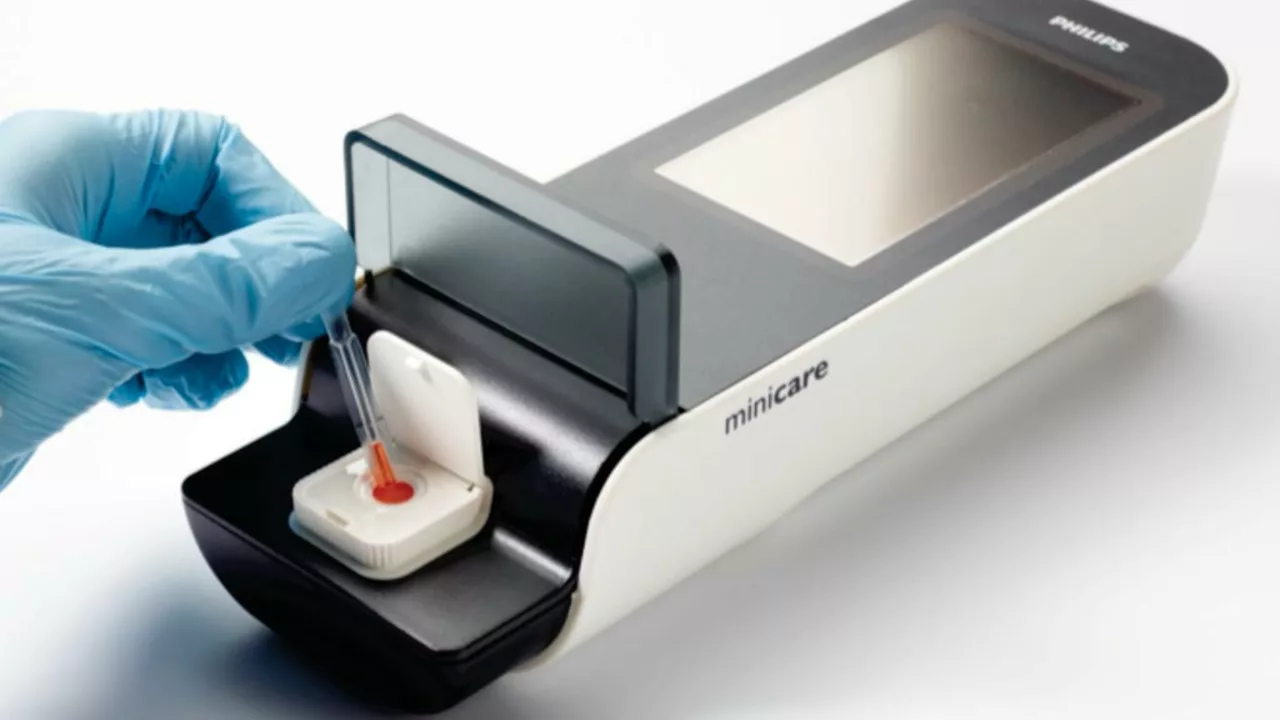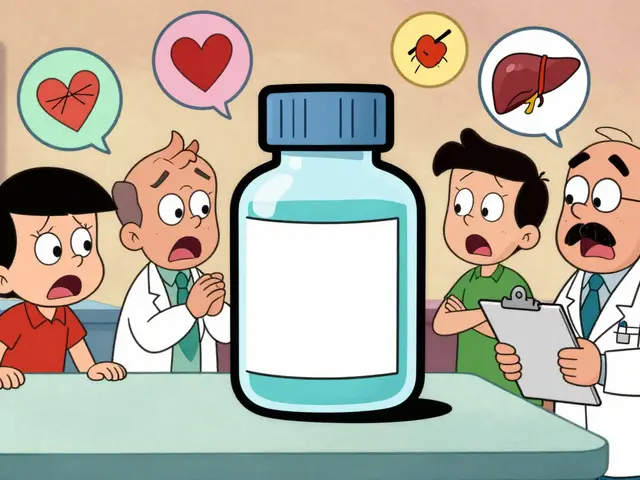Tests: How to Read Lab, Home, and Diagnostic Tests
Most of us face tests at some point — blood work, throat swabs, or a home kit. Tests give useful info, but results without context can cause worry. This tag collects straightforward guides, medication-focused articles, and real-world tips to help you understand what a test means and what to do next.
Quick test tips
Start by asking why the test is ordered. Is it screening, diagnosis, or monitoring? Prep matters: fasting, timing, and skipping certain meds can change results. Always follow the lab or kit instructions — small steps like staying hydrated or avoiding exercise before a blood draw matter. If you use a home test, read the timing rules carefully; a test taken too early or read too late can mislead you.
Labs report numbers and reference ranges. Don’t panic at one value out of range. Results trend over time are often more important than a single reading. For many conditions, your doctor looks at patterns, symptoms, and risk factors together. If a result seems odd, ask whether the lab should repeat the test, or whether a different test gives a clearer answer.
How we use tests in our articles
On this tag you'll find posts that connect tests to treatment decisions. For example, articles about blood pressure medications like Hyzaar discuss how to measure blood pressure at home and when lab checks matter. Parasite treatments such as Vermox are paired with guidance on stool testing and follow-up. We also cover drug-specific topics — like how food affects isotretinoin absorption — because testing and monitoring sometimes change with different formulations.
Home kits are handy but have limits. Pregnancy and many infectious disease kits are reliable when used properly, but positive results sometimes need lab confirmation. For chronic conditions like diabetes, home monitoring (glucose) is essential; for complex conditions, lab tests plus a clinical exam give a full picture. If a home test gives a surprising result, contact your provider before changing medication or stopping treatment.
Picking reliable info and services matters. Look for articles that cite clinical guidelines, reputable sources, or expert commentary. If you’re shopping for medications or supplements, read reviews and safety guides — we include reviews like pharmacy guides and alternatives to popular meds to help you decide where to buy and when to consult a professional.
When to call your doctor? New or severe symptoms, test results that are very abnormal, or confusing outcomes deserve a prompt call. Don’t wait for routine follow-ups if you feel worse. Bring copies of previous tests so your clinician can compare trends and make better recommendations.
Use this tag as a practical toolbox: learn what tests do, how to prepare, how to read results, and when to act. If you want a specific article, search within the tag for terms like blood pressure, parasite testing, or home kits. Tests give answers — with the right context they help you get better care, not more worry.




